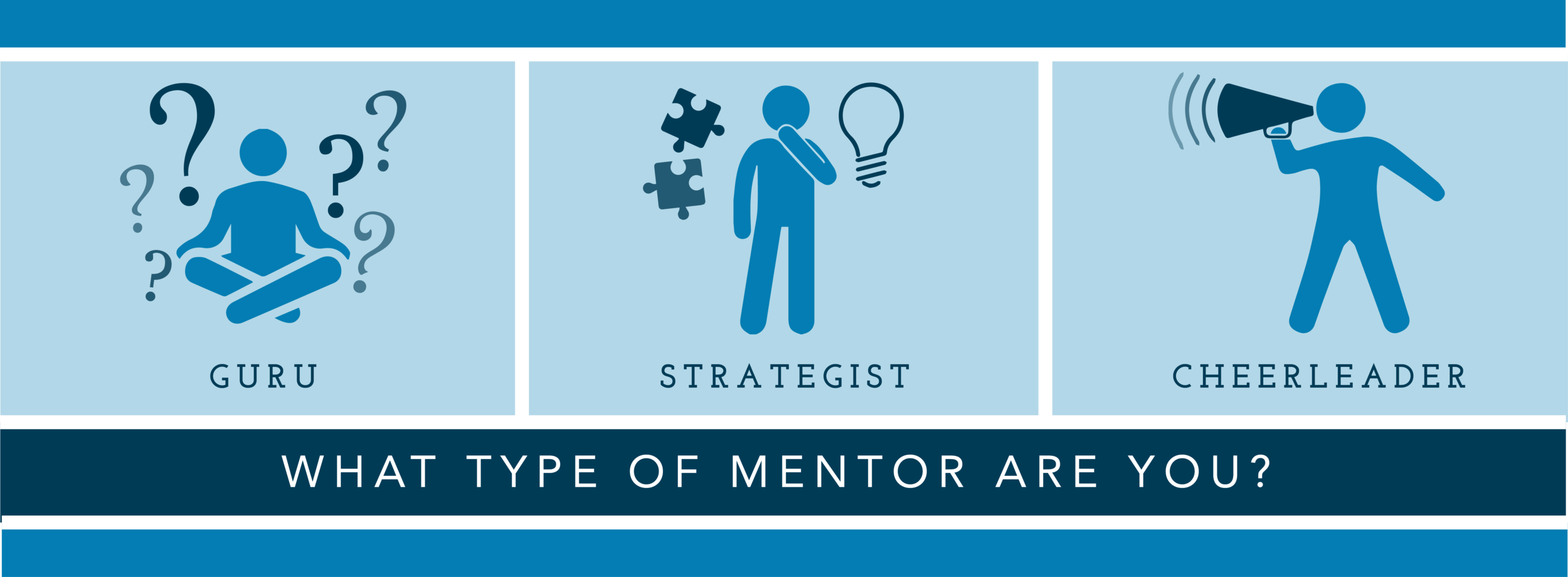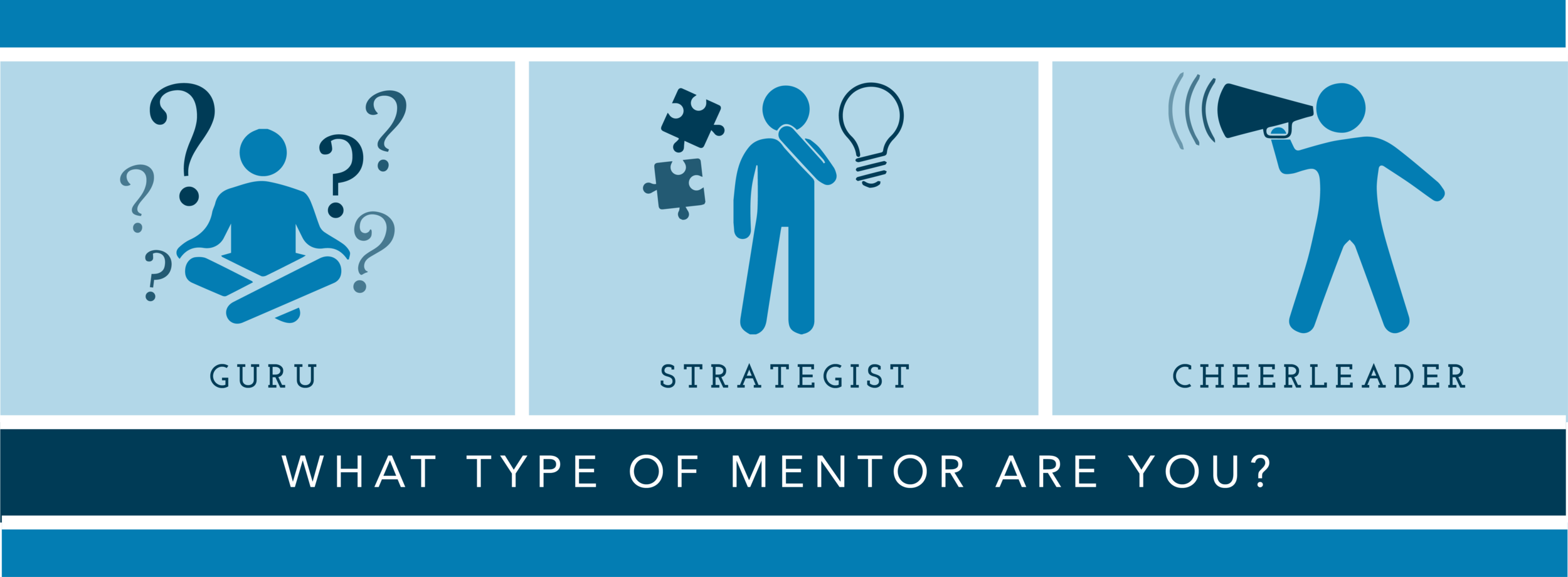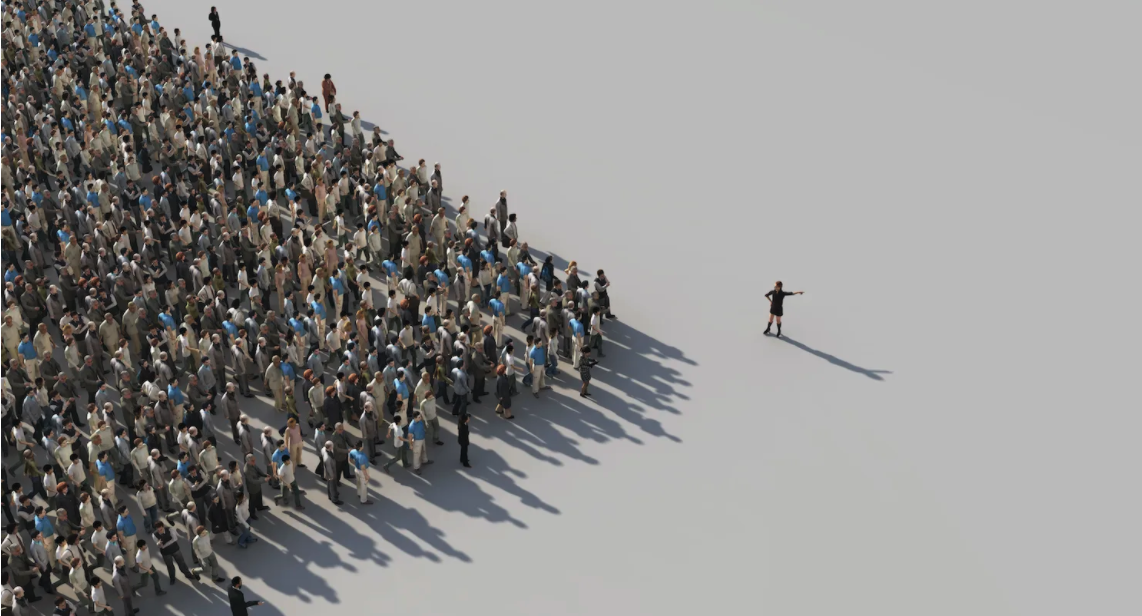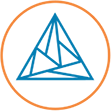Leveraging Personas in Mentoring Millennials
As leaders today, we have the opportunity to unleash the potential of the largest generation in the U.S. workforce. But, in our rush to be disruptors and to re-invent the wheel for Millennials, we should be careful not to overlook the fundamentals of traditional development initiatives that will serve this generation well. Millennials have grown up with face to face interactions and interpersonal connections replaced by technology and platforms that, while efficient and often effective, cannot replace the powerful and rewarding experience of a mentoring relationship.
I know I would not be where I am today without the influence of mentors who have listened, guided and supported me on my journey. In my 20s I sought out people who were willing to offer insights and support my personal and professional development. Sometimes these mentors played an important role for a short season, in other cases they have shaped my path for years and continue to do so. These mentors all had different approaches and strengths, and each relationship has been unique. But I cannot underestimate the influence they have had… helping me think through difficult decisions, shaping my values and view of the world, lifting my spirits when I was discouraged.
Somewhere along the way, I also became a mentor - contributing to the lives of those who cross my path. Often times, these are Millennials. I’ve found my interactions with these individuals both enlightening and inspirational, and I believe companies have the opportunity, if not the obligation, to create environments for these future leaders to thrive. Experts like Simon Sinek and most all business publications are contributing meaningfully to this topic, including specifics on how to mentor the Millennial generation. Micro-mentoring, reverse mentoring, group mentoring - these are all helpful ways to adapt this developmental activities for Millennials, but it’s also possible that well-meaning attempts to be generationally relevant can inadvertently leave out the powerful impact of a traditional mentoring relationship.
Mentoring is rooted in a give and take relationship, it’s built upon trust that develops over time and it ends up shaping both people involved. For companies, it’s critical we create the environment and offer a structure for these relationships to form - both formally and informally. It’s an investment in our employees that provides meaningful personal and professional development, cultivates future leaders, and increases retention. The environment is created by more senior team members championing the value of mentoring and leading by example - making themselves available. While the structure and implementation of mentoring programs will (and should) vary within each company, I’ve found that understanding your primary mentoring persona (or who you are looking for) is a good first step in beginning the relationship and a helpful framework when introducing mentoring to Millennials. Enter the Guru, the Strategist and the Cheerleader.

The Guru
This person will help you ask the big questions about life, where you are headed and what kind of person you want to be. They may help you articulate your values, what you believe, your purpose, your trajectory. Seeing things from the 10,000 foot view is The Guru’s specialty - offering you perspective and inspiration vs. strategy and answers.
The Strategist
This person loves to help solve puzzles and problems, to think through complicated situations and identify your options. After you lay things out, the Strategist will probably ask some clarifying questions and then begin to discuss the implications of various paths for you and other stakeholders, and ultimately, they help you determine the critical path forward.
The Cheerleader
This person believes in you no matter what. They take the time to get to know you well - and at the personal level. They are your #1 encourager, they will answer your call anytime and be there to simply listen and support you. “You can do this,” is a typical phrase you’ll hear from the Cheerleader, and when necessary, they will give you a kick in the ass and tell you to stop feeling sorry for yourself.
I know there are other roles - and I’d love for you to share your ideas in the comments. The bottom line is that we can all use mentors… people who help us navigate life, work, relationships and more… and Millennials are no exception. As company leaders, we have the opportunity to introduce and encourage them on this journey - and we should because soon someone will be looking to them to be a Guru, a Strategist or a Cheerleader.







